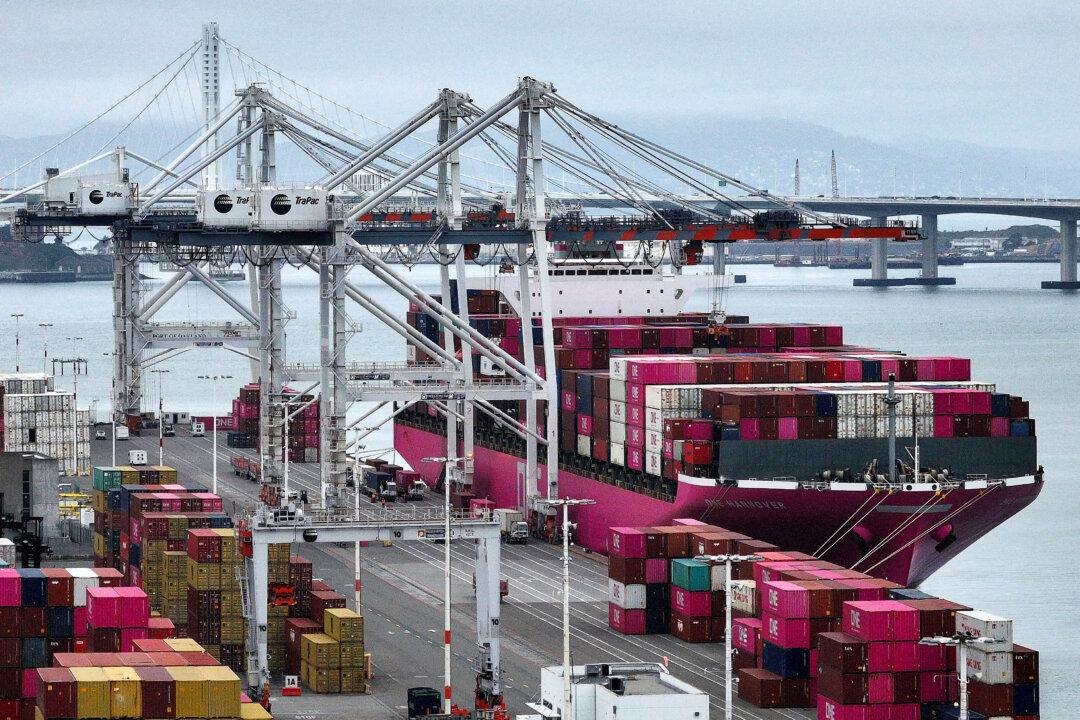President Donald Trump said on May 9 that the United States will retain a baseline 10 percent tariff on imports from nearly all trading partners—even after new trade agreements are signed—describing the policy as a permanent floor with only rare exceptions.
“You are going to always have a baseline,” Trump told reporters at the White House on May 9. “You have a baseline of a minimum of 10 percent, and some of them will be much higher.”





